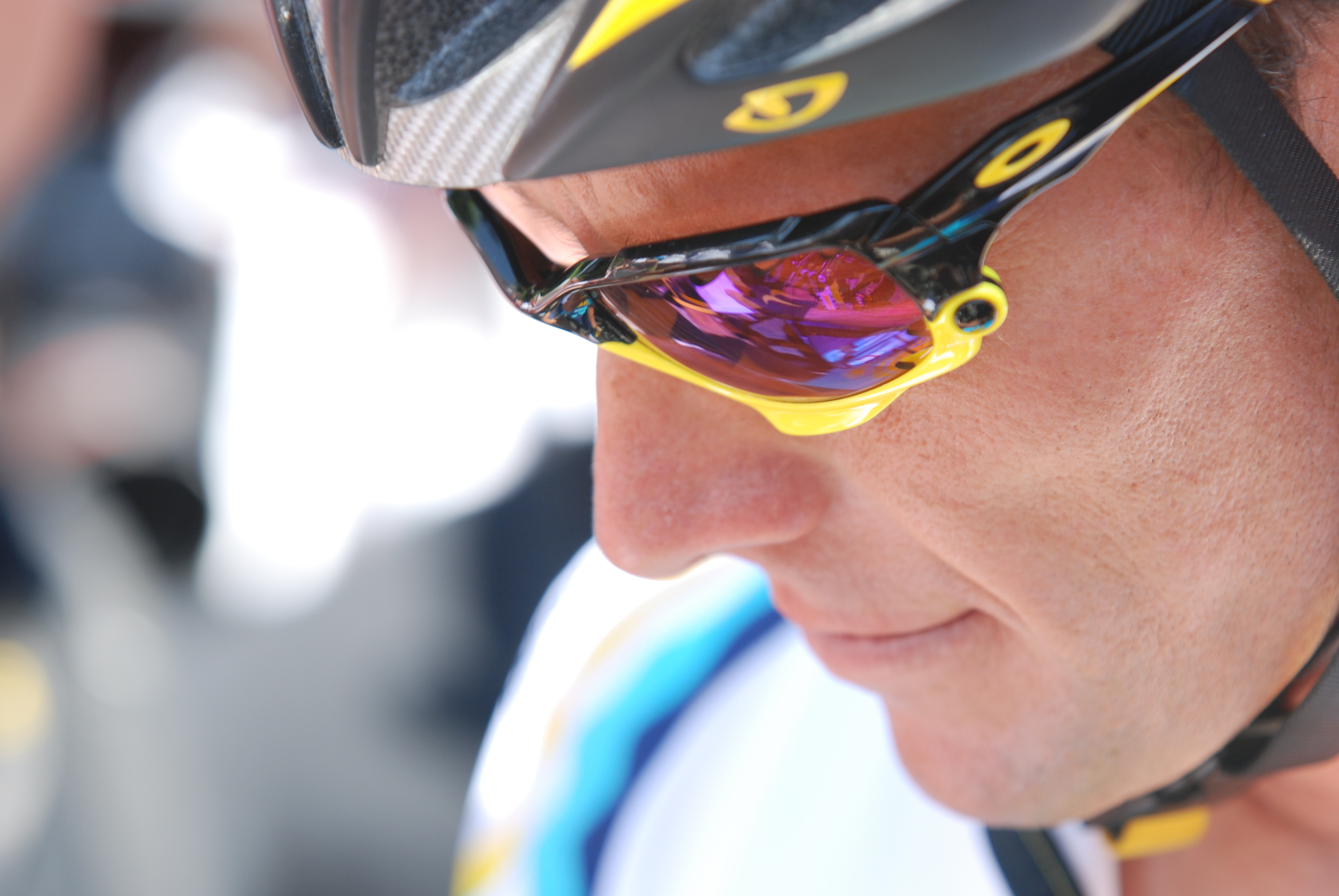With Enron: The Smartest Guys in the Room, Alex Gibney made one of the most heartbreaking films ever about the American Dream. In the most essential ways, it’s reminiscent of the Coen brothers’ film, Fargo, which lamented that streak of American competitiveness that says that doing well isn’t good enough–you have to dominate. As if we can somehow grow enough ego to shroud our unhappiness and fear. There are parallels in Gibney’s new film about Lance Armstrong, the cyclist who just had to be the best. From a new Economist interview with Gibney:
“Question:
The final film has a lot in common with Enron, in that it dispels a myth that people really wanted to believe in. Do you find it tough shaking people’s belief systems?
Alex Gibney:
Yes, that’s why I originally wanted to do a redemption story. He comes back clean in 2009 and wins? How awesome would that be? The problem with both Enron and Lance was that the myth they created became too big. Both Jeff Skilling [Enron’s CEO] and Lance were motivated by this strange purity of vision; Enron couldn’t just be a successful company, it had to be the future of capitalism. Lance wasn’t just a cyclist, he was campaigning for cancer survivors. It’s noble-cause corruption. It gave them both the sense of righteousness they needed to lie.
Question:
In your interviews with Lance after the Oprah show, he admits to doping and using blood transfusions up until 2005, but not during the 2009 tour, when you were filming. Was it disappointing not to get a further confession?
Alex Gibney:
Yes, very disappointing but also revealing. I find his body language in that interview interesting. Slumped in a chair, he’s not a towering figure anymore.
Question:
You don’t think that’s theatre?
Alex Gibney:
I think it was defeat mainly.•
Tags: Alex Gibney, Lance Armstrong

